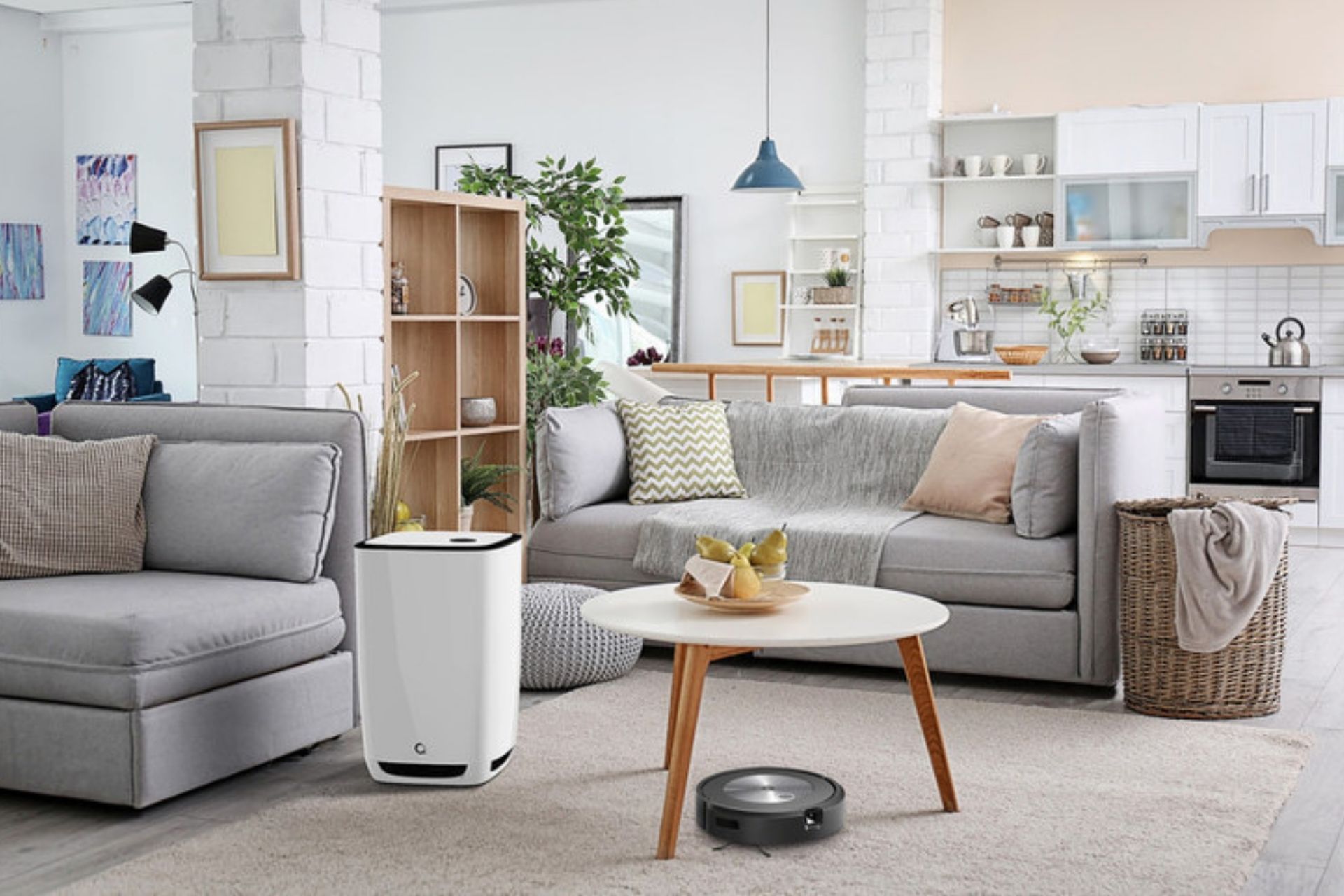iRobot and Amazon have announced that they have entered into a mutual agreement to terminate the acquisition agreement they originally signed on August 4, 2022, a move that triggers a $94 million termination payment from the retailer to the manufacturer.
Under the agreement, Amazon would have acquired iRobot for cash considerations. However, the retailer complained that regulatory barriers prevented the completion of the transaction.
“We’re disappointed that Amazon’s acquisition of iRobot could not proceed,” said David Zapolsky, Amazon senior vp and general counsel, in announcing the deal termination. “We’re believers in the future of consumer robotics in the home and have always been fans of iRobot’s products, which delight consumers and solve problems in ways that improve their lives. Amazon and iRobot were excited to see what our teams could build together, and we’re deeply grateful to everyone who worked tirelessly to try and make this collaboration a reality. This outcome will deny consumers faster innovation and more competitive prices, which we’re confident would have made their lives easier and more enjoyable. Mergers and acquisitions like this help companies like iRobot better compete in the global marketplace, particularly against companies, and from countries, that aren’t subject to the same regulatory requirements in fast-moving technology segments like robotics. Undue and disproportionate regulatory hurdles discourage entrepreneurs, who should be able to see acquisition as one path to success, and that hurts both consumers and competition, the very things that regulators say they’re trying to protect.”
Published reports identify the European Union as raising objections to the Amazon/iRobot pairing, with the EU citing competition concerns.
- Angle added, “iRobot is an innovation pioneer with a clear vision to make consumer robots a reality. The termination of the agreement with Amazon is disappointing, but iRobot now turns toward the future with a focus and commitment to continue building thoughtful robots and intelligent home innovations that make life better and that our customers around the world love.”
- The iRobot restructuring will position the company for stabilization in the current environment, the company maintained, while focusing on profitability and advancing key growth initiatives to extend its market share in the mid-tier and premium segments of the robotic home cleaning sector.
- With Angle stepping down, Glen Weinstein, iRobot’s executive vp and chief legal officer, has become interim CEO, and Andrew Miller, lead independent director of the board, has been appointed chairman. In addition, iRobot has promoted Tonya Drake to executive vp and general counsel. She was the company’s senior vp and deputy general counsel.
- iRobot asserted that its immediate priority is to more closely align the company’s cost structure with near-term revenue expectations and drive profitability by:
- Achieving margin improvements and generating approximately $80 million to $100 million in savings on equivalent volumes through the execution of agreements with joint design and contract manufacturing partners on more attractive terms
- Reducing R&D expense by $20 million year-over-year through increased offshoring of non-core engineering functions to lower-cost regions
- Centralizing global marketing activities and consolidating agency expenditures to reduce sales and marketing expenses by $30 million year-over-year while driving demand generation activities
- Rightsizing the company’s global real estate footprint through additional subleasing at iRobot’s corporate headquarters and eliminating offices and facilities in smaller, underperforming markets
- Focusing iRobot’s product roadmap on core value drivers and pausing all work on non-floorcare innovations such as air purification, robotic lawn mowing and education
The actions outlined will reduce about 350 employees, representing 31% of the company’s workforce. As part of this workforce reduction, iRobot expects to record restructuring charges totaling between $12 million and $13 million, primarily for severance and related costs, over 2024’s first two quarters, with the majority of the restructuring charges falling in the first frame.
Beyond the acquisition news, IRobot announced certain preliminary fourth-quarter results, putting full-year 2023 revenue at $891 million, down 25% from the same period last year, a GAAP operating loss of between $265 and $285 million, and a non-GAAP operating loss of approximately $200 million. iRobot ended the fiscal year 2023 with $185 million in cash and cash equivalents, funded primarily from its previously announced three-year $200 million credit agreement with The Carlyle Group.
With the $94 million termination fee and after financial advisor payments of around 20% of the termination fee, iRobot will apply $35 million dollars to repay the term loan, iRobot noted. It will set aside the remainder of the termination fee for future needs.
iRobot will continue executing key strategic activities to support a return to profitability, the company indicated, including increasing brand recognition, driving product innovation and redesigning its go-to-market strategy to concentrate on the most profitable customers, geographies and channels, including direct-to-consumer. iRobot also intends to rebalance its spending mix between price, promotion and demand generation to optimize returns.
Miller said, “iRobot is a pioneer of the consumer robot field and beloved by its customers around the world. With a legacy of innovation and a foundation of creativity, the board and I believe that iRobot can and will grow its presence and continue to build a cutting-edge suite of robotic floor care solutions that help consumers make their homes easier to maintain and healthier places to live. To do this successfully, however, we must rapidly align our operating model and cost structure to our future as a standalone company. Though decisions that impact our people are difficult, we must move forward with a more sustainable business model and a renewed focus on profitability. We are confident that the actions we are announcing today will enable us to chart a new strategic path for sustainable value creation.”





